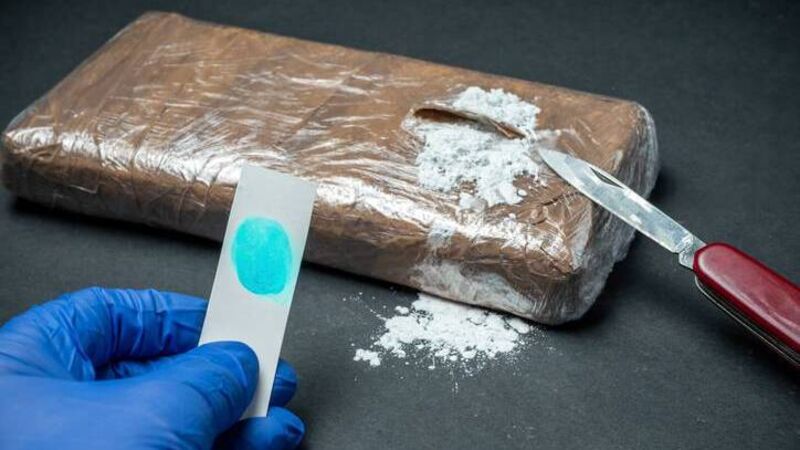Quantity of cocaine seized in EU countries has almost doubled in past three years

The European Union Drug Agency said 419 tonnes of cocaine was seized in 2023, compared to 323 tonnes in 2022 — up 30%.
The quantity of cocaine seized in EU countries has almost doubled in the past three years, according to the bloc’s drugs agency.
The European Union Drug Agency said 419 tonnes of cocaine was seized in 2023, compared to 323 tonnes in 2022 — up 30%.










